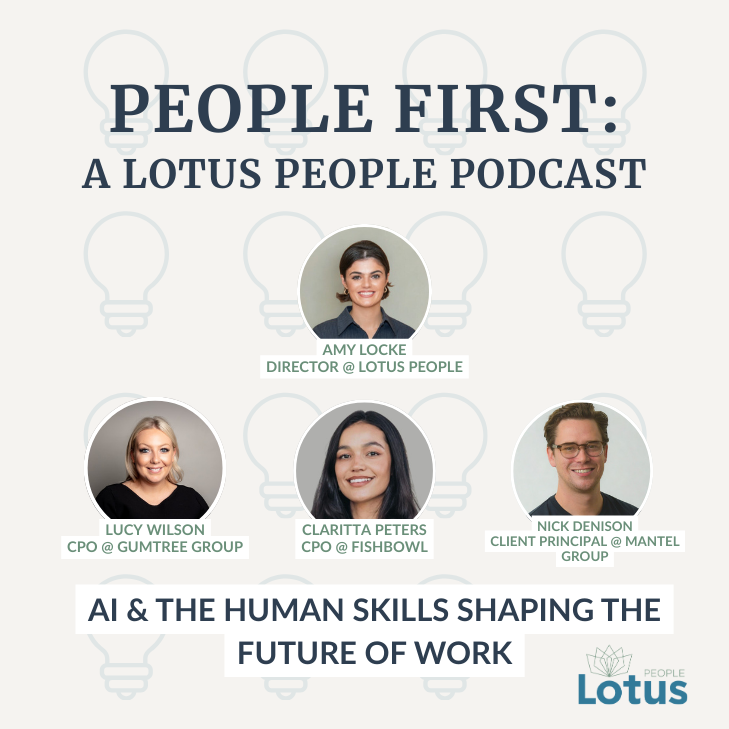Many of us navigate a range of different personalities in our office environments; sometimes these interactions lead to genuine friendships, sometimes they lead to fruitful working relationships that stay within the confines of the office, and sometimes we have to remind ourselves that we’re getting paid good money to interact with a certain someone who drives us mad!
I now find myself working for two of my closest friends, within a small but growing start-up. Suffice it to say, the phrase, “OK guys – no work talk tonight!” has entered my social milieu in a major way. The lines between my social and work life have become blurry at best.
My new circumstances have forced me to admit that I was wrong to be blasé about the question of whether it’s important to be “mates” with your colleagues. I am happier than I have ever been with my work life. While I have always been friendly with my colleagues, this is the first time my bosses have been my friends, and I think that is the key.
“Well,” you say, “We can’t all just sack off whatever we’re doing to work for our best mates.”
True.
But what you can do, particularly if you are in a management position, is allow your colleagues to be themselves. I am now in an environment where I am allowed to be myself, and I am more confident, productive and successful in my work life than I have ever been.
I can sit in my gym clothes until 10am because I walked to work and jumped straight into my email and haven’t come up for air yet. I can duck out for a walk to clear my head if I’m feeling stressed about a difficult role. We can take a break to joke together or vent to each other. I’m judged on my results, not on my process, as long as that process is working for me and maintaining the professional standards of the business.
How can you make a team of colleagues feel more like a team of friends? I think it comes down to being open minded, non-judgemental, and tolerant. We forgive our friends their faults and celebrate their strengths; this is why it’s fun to be around them! If we can learn to be tolerant of other peoples’ work styles and focus on outcomes, we can create work cultures where people feel free to be themselves and find their own means to solve problems and deliver results.
This is the opposite of “one size fits all” management, and it involves getting to know your people as individuals. Yes, this is hard work if you’re in a management position. But if you can create a culture where people can be their weird and wonderful selves, you stand a much better chance at capturing each individual’s unique value-add. I can attest to the fact that the only thing better than getting results is getting them on your own terms. I now firmly believe that if you can create a culture where people are free to be their best selves – they will be their best selves.
You may also like...





